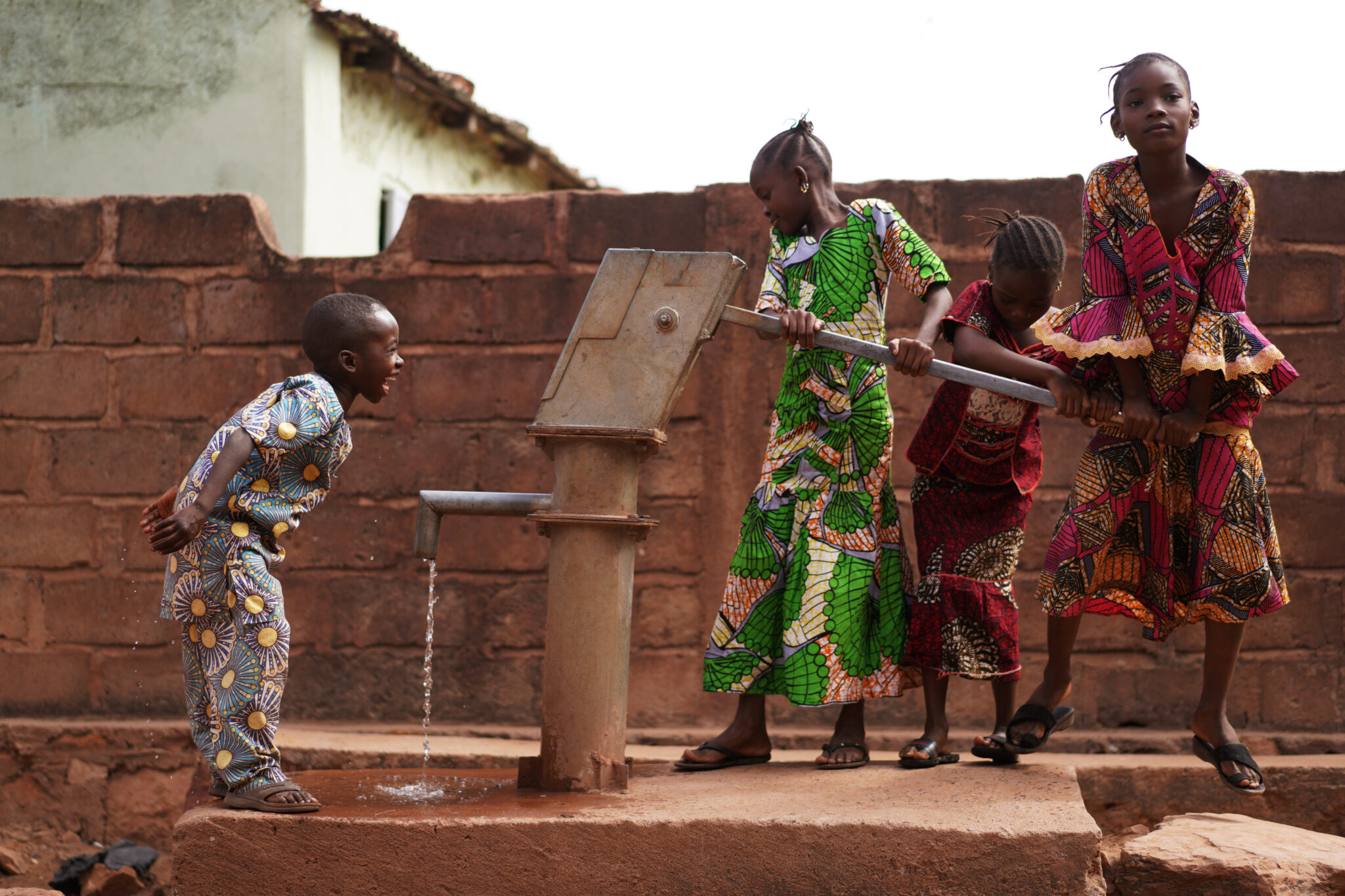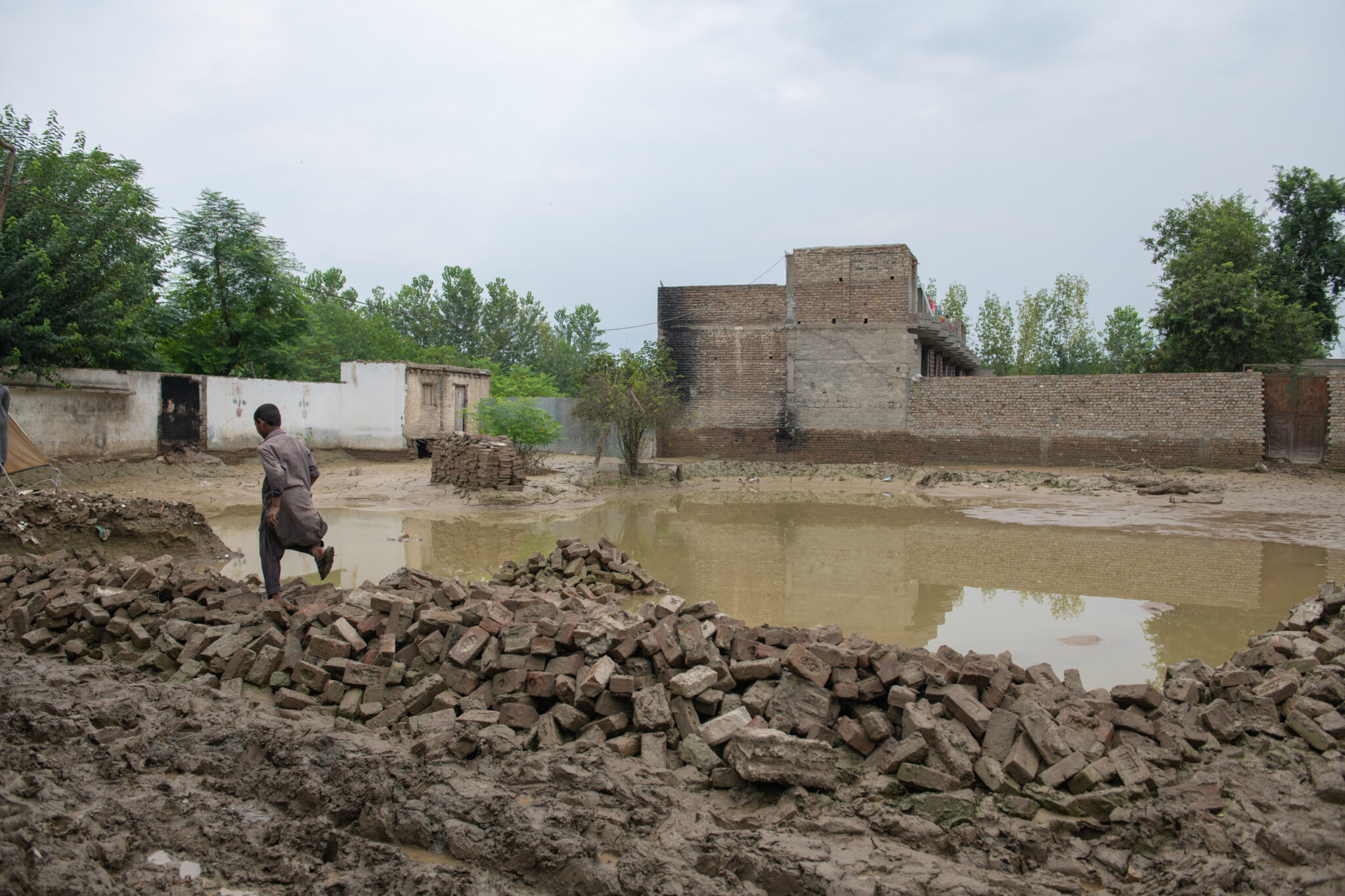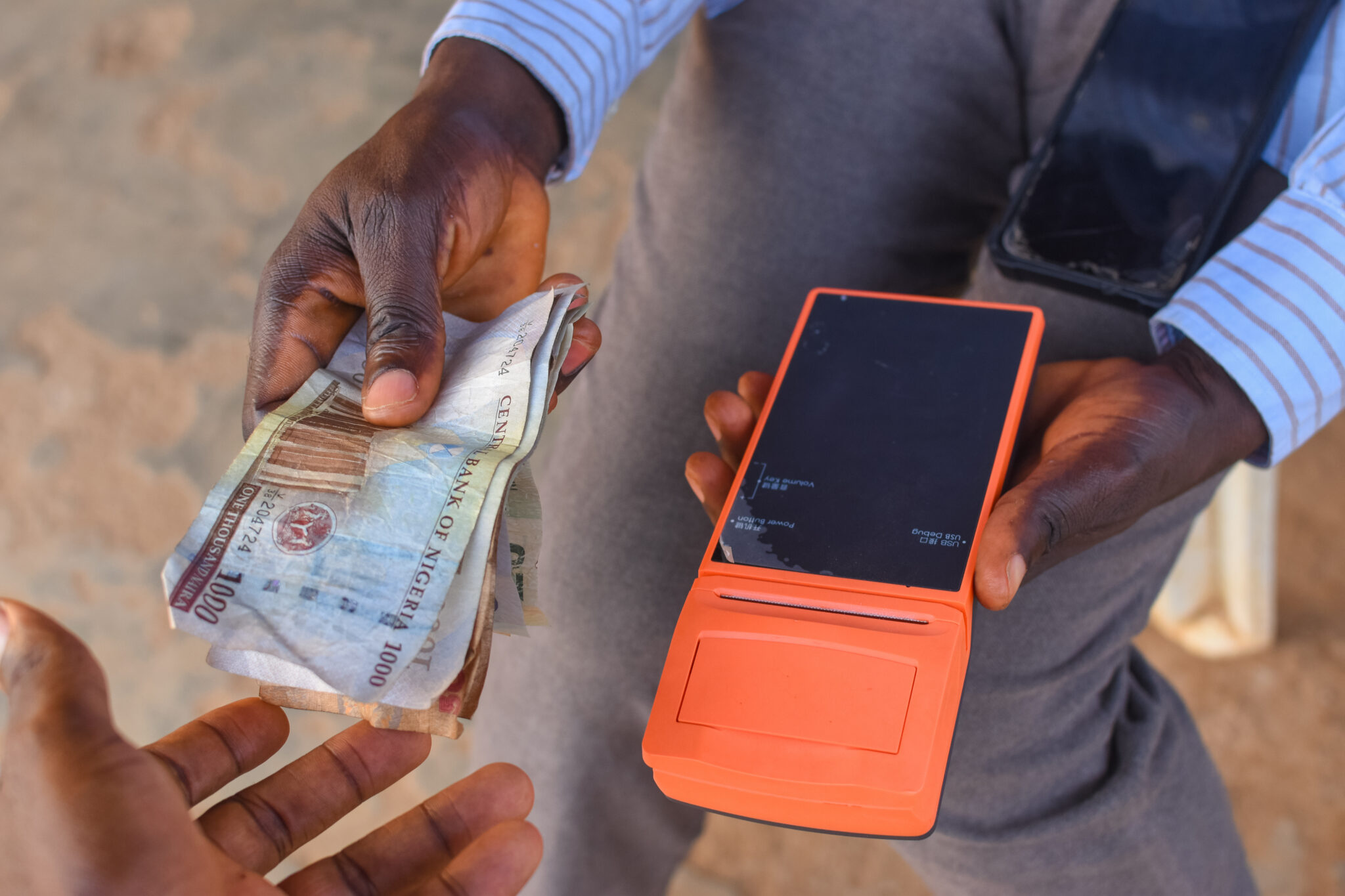Quantifying the benefits of better targeting employment programs for Syrian refugees

Two people overlook Amman, Jordan. © SirioCarnevalino – stock.adobe.com
Study Context
Job displacement is a major hardship faced by refugees. More than 700,000 Syrian refugees have migrated to Jordan since 2012, largely to urban areas, where finding work remains a challenge. In response, the Jordanian government offered 200,000 work permits to refugees in 2016. However, to maximize limited opportunities for both refugees and unemployed Jordanians, jobs need to be appropriately targeted using labor market constraints and participant characteristics (such as age, gender, job experience, education, etc.). The experiment made use of the International Rescue Committee’s job-matching platform, Project Match, and explored how interventions such as cash transfers, psychological support, and information could improve employment outcomes.
Study Design
The research team implemented a new targeting method in a field experiment designed to help Syrian refugees and local job seekers in Jordan find work. This new targeting method is an algorithm that adaptively targets policy interventions, and balances the goals of 1) maximizing the precision of treatment effects with 2) maximizing the welfare of participants in the experiment. The field experiment included three types of support: a small, unconditional cash transfer (worth about one month of average monthly expenses); information to increase the ability to signal skills to employers; and a behavioral nudge to motivate refugees to look for jobs.
Results and Policy Lessons
Six weeks after being offered treatment, none of the interventions had significant or meaningful impact on the probability that individuals are in wage employment. However, targeting improved employment outcomes by nearly 20% relative to the standard treatment. The cash intervention had large and significant impacts on refugee employment and earnings. The grant boosted employment by 3.7% and earnings by 65%. The information and behavioral nudge interventions also increased job search among refugees and have significant impacts on employment and earnings after two months.
In 2022, the Jordanian Ministry of Labor and the World Bank launched the National Employment Programme (NEP) that builds on the research team’s work with Project Match. Also known as Tasgheel, meaning “employment,” it closely resembles Tashbeek, or “matching,” the name of Project Match’s job-matching platform. In particular, the research team’s approaches to registering and matching job-seekers was directly adopted by Tasgheel after the team provided open-source code and communicated findings with the Ministry of Labor and the World Bank at two separate dissemination events. The government also adopted the platform in combination with cash packages for Jordanian job-seekers, mirroring the research team’s most effective intervention, which combined job matching with cash disbursements.
For more information about the targeting approach, study design, or results, please consult the research team’s publication.




